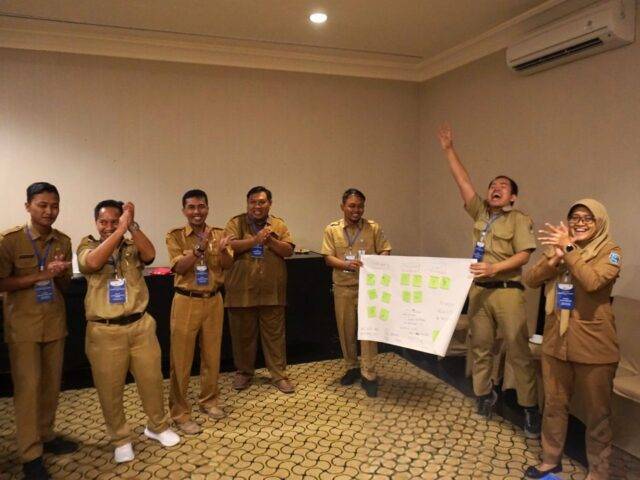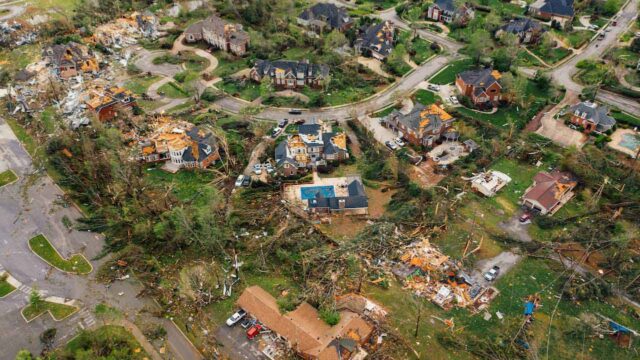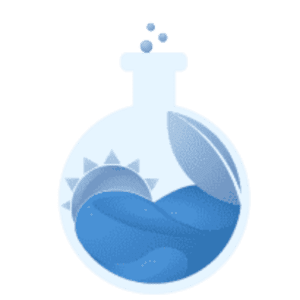Humans and environment depend on each other for living. But nowadays, some of the human activities make negative impacts to environment. That’s why ecosystem deteroriate day by day, leading to global warming, rapid climate change and natural hazards. If this happens, the ecosystem services that humans get from the environment will get less. In the third cluster of WE are Water Education (Indonesia) Program, 3 courses will be offered to highlight how the environment is important to human beings and how to effectively manage them. These courses are:
- Ecosystem Services
- Payment for Ecosystem Services for Watersheds Conservation Through Stakeholders Collaboration
- Payment for Ecosystem Services: From Theory to Practices
Introduction to Ecosystem Services
Ecosystems are characterized as complex, dynamic systems comprising communities of plants, animals, and microorganisms, interacting with the non-living environment as a unified functional entity. These ecosystems provide numerous services to humans. For instance, water sustains human needs for drinking and facilitates crop irrigation, supporting agricultural growth, while also offering opportunities for recreation and ecotourism. Additionally, this water resource serves humans through hydropower generation for electricity. However, if water is not effectively managed, it can lead to negative impacts such as floods. Consequently, ecosystem services can have both positive and negative effects. It is evident that humans aspire for predominantly positive impacts. Achieving this requires a comprehensive understanding of the conceptual framework for accessing ecosystem services and the complex dynamics of ecosystem governance.
Payment for Ecosystem Services (PES)
Within tropical zones like Indonesia, river ecosystems play an important role. They represent flowing currents that traverse the terrain, fostering biotic interactions among plants, animals, and micro-organisms, while also encompassing the abiotic physical and chemical interactions within their various components. To acquire optimal benefits, these ecosystems require a systematic cycle. Achieving this necessitates periodic maintenance of these river ecosystems. This highlights the significance of payment for ecosystem services (PES). PES becomes essential and it occurs when those benefiting from or utilizing an ecosystem service provide payments to the entities delivering that service. Practically, this could involve a series of payments in return for an ongoing flow of benefits or ecosystem services. By comprehending systematic strategies for PES in river ecosystems, humans can effectively manage rivers, preventing deterioration.
Learn more about the courses in the link below.





